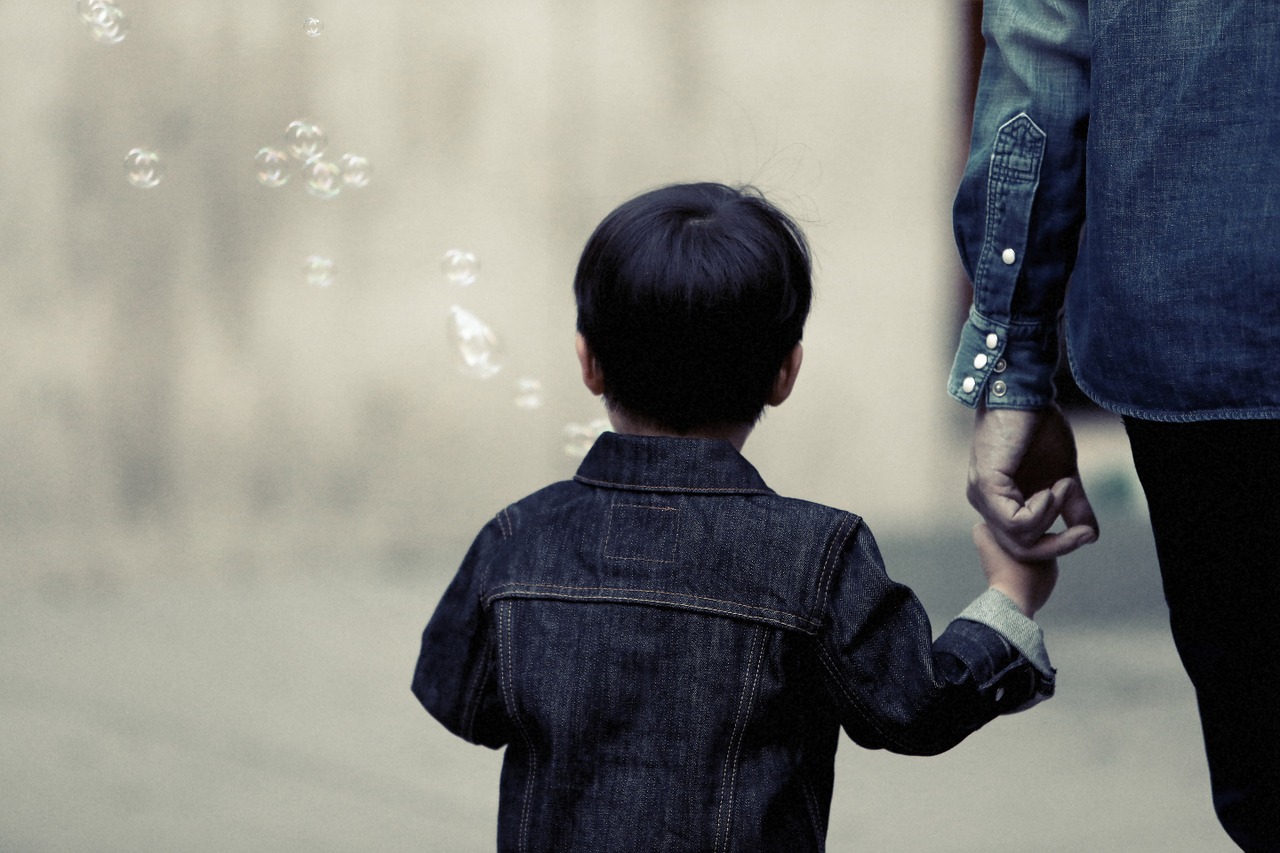Amid a number of high-profile child abuse scandals in early childhood centers that have sparked outrage in China, national and international attention has once again been drawn to the topic of child abuse. How do you teach children about sex in order to prevent future abuse from remaining hidden? How do you teach children to recognize when something doesn’t feel right and how do you teach them to talk about it? Fiona Douglas, ELG’s director of services, social worker and child protection expert, shares some important tips and resources for parents, caregivers and educators.

“Child abuse exists in every culture and community, and is sadly not as rare as we might think. The latest scandals about kindergarten abuse are just the ‘tip of the iceberg’, as most child abuse happens in secrecy, most commonly in the child’s family home,” Fiona reveals. “The truth is that any child could be at risk of sexual, physical, or emotional harm – at home, at school or elsewhere. That means that we need to protect every child to the best of our abilities, and protection starts with awareness.”
Consent = Permission
Teach children about consent and boundaries. “If you are a parent or teacher, you can help keep your children safe by openly talking with them about what is ok, and what is not ok,” explains Fiona.
Trust Your Gut
Teach children about listening to their gut instincts, so when something feels bad or wrong inside, they should say no.
We’ll Always Believe You
Teach children that you’ll always believe in them. “By teaching them some basic rules from a young age onwards, and showing them that you care and will believe them if something bad happens, you can reduce the risk,” says Fiona. “If a child tries to tell you about something that has happened to them, believe them and act on it straight away – it’s unlikely that they are lying and they (or others) might still be at risk.”
Fiona recommends that parents and caregivers become familiar with “the Underwear Rule/Talking PANTS” from the National Society for the Prevention of Cruelty to Children (NSPCC), a leading children’s charity in the UK, specializing in child protection. The website provides comprehensive resources for parents to talk to their children about consent, boundaries and body autonomy, including resources for children and parents that can be downloaded for free. Guides specifically for children and parents with learning difficulties and autism are also available for a free download.
